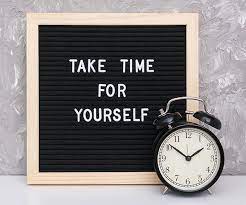
Sleep Change Got You Tired? Maybe We Can Help...

According to the Sleep Foundation, "springing ahead" can play havoc with our bodies. One study found a 24% increase in heart attacks on the Monday after daylight saving time. Another found the risk of stroke is 8 percent higher on the two days following the spring and the fall time changes. A new Mayo Clinic study, however, found the uptick in heart events to be minimal. So the jury is still out. Either way, it's the perfect TIME to take care of you and be more aware of your body and what it needs.
Our natural light to darkness cycles, or circadian rhythms, are thrown off by this change to when we wake and when we sleep. We also change our normal eating schedule. Waking in darkness is not optimal for health and can lead to sleepless nights and non-restful sleep. Lack of sleep can lead to a full host of health problems and changes in mood.
So what can you do to help combat this?
*Avoid alcohol before bed - it causes disruptions in sleep. Even though it helps you fall asleep faster, the overall effect is less restful sleep.
*Establish a consistent bed schedule, including weekends. Sleeping in on Saturday or Sunday confuses our circadian rhythm.
*Spend time outside in the sun. Natural sunlight helps reset our internal clocks. It's also a great source of vitamin D and good for mood elevation.
*Take 20 minute naps when necessary. Sleeping longer than 20 minutes also disrupts later sleep, but a quick 20-minute nap can refresh the mind and body.
*Avoid caffeine 6 hours before bed. The stimulation, even if watered down, can disrupt sleep.
*Be aware that you may be irritated more easily and that your mood may be compromised. Knowing reactions may be off this week can be helpful in so many situations.
*Be aware that you may have impaired decision making the week following the change - again, from lack of restful sleep, mood, and irritation. Evaluate all decisions carefully.



